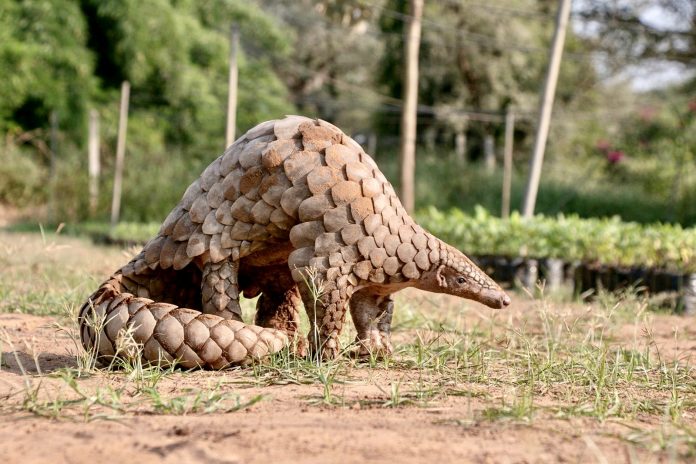Top conservation groups released an action plan today for the United States to dramatically crack down on the illegal wildlife trade, which is the most probable cause of the global coronavirus pandemic. Among other proposals, the action plan recommends that the United States end live wildlife imports, curtail all other wildlife trade until stricter regulations are adopted, and take a global leadership role in controlling wildlife trade to stop future pandemics.
Over the past 40 years, most global pandemics — including: HIV, SARS, Ebola, and Zika — have been zoonotic, meaning that they jumped from wildlife to people. The coronavirus originated from a live wildlife market in Wuhan, China, where the virus was potentially passed from a bat, to another animal, to a human. Wildlife markets typically sell many different species of live wildlife, including both legally and illegally sourced animals.
“If we’re going to avoid future pandemics, the United States and every other nation needs to do its part to stop the exploitation of wildlife,” Brett Hartl, government affairs director at the Center for Biological Diversity said in a statement. “The loss of life and other devastating impacts of the coronavirus makes it clear that the meager economic benefits of commodifying wildlife are simply not worth the risks.”
The wildlife trade is a global problem; worldwide more than 224 million live animals and 883 million other species of wildlife are traded every year. Sadly, the United States is one of the world’s top wildlife importers and remains a common destination for illegally traded species. The United States and other nations have made only half-hearted efforts to address the impacts of the wildlife trade and lack capacity to address the trade effectively.
Today’s action plan, released by the Center for Biological Diversity and Natural Resources Defense Council proposes actions under four broader categories that Congress and federal agencies should implement to prevent future zoonotic pandemics:
-
Lead a global crackdown on the wildlife trade
-
Strengthen U.S. conservation laws to fight the wildlife trade
-
Invest $10 billion in U.S. and global capacity to stop the wildlife trade, while helping communities transition to alternative livelihoods
-
Resume the U.S. position as a global leader in international wildlife conservation.



